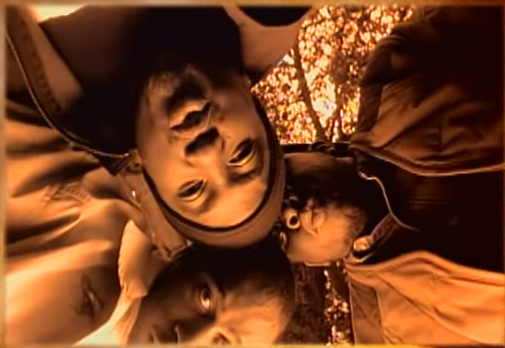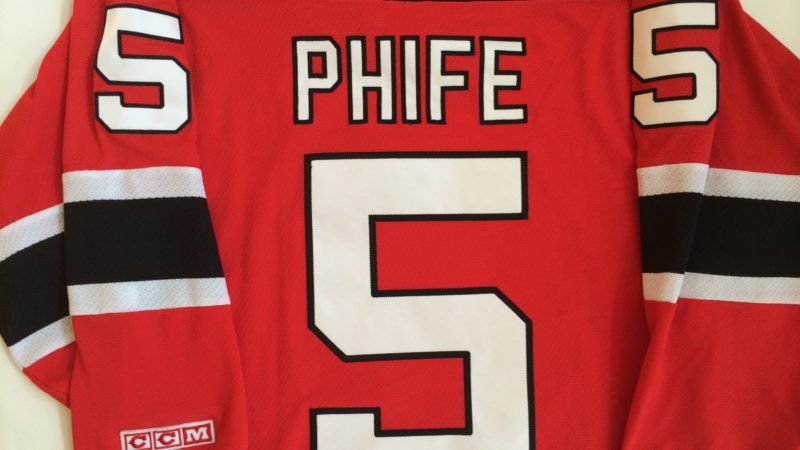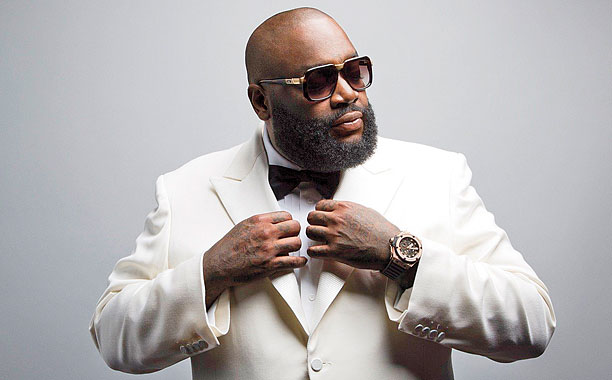This is the second in a series of articles in which I reflect on my upbringing in Lithonia, Georgia. Much of it relates to Hip-Hop, and how I truly discovered a culture that would eventually define my outlook on life. This was my world from childhood to adolescence.
Cocaine business controls America
Ganja business controls America
KRS-One come to start some hysteria
Illegal business controls America
-Boogie Down Productions “Illegal Business”
By the time I was 11, I had been living in Lithonia, GA for two years. I had only been seriously listening to rap music for a few months by then, but I had already discovered “conscious” rap. Though it had been around for years at that point, two albums would officially turn it into a subgenre: Boogie Down Productions’ By Any Means Necessary and Public Enemy’s It Takes a Nation of Millions to Hold Us Back. I bought the former in the spring of 88 with my allowance money. A lot of what KRS-One talked about was well beyond what my 11 year old mind could grasp, but I got the spirit of it. This guy seemed to be telling me things that my parents either couldn’t or wouldn’t. That summer, a close relative would give me a similar education, clueing me in to just what the Blastmaster was getting at.
In the summer of 1988 one of my closest cousins came down to Lithonia to stay with us. For the purposes of this article, I’ll call him by his nickname: Cee. Cee was born and raised in the South Bronx. He’s a good seven years older than me, and infinitely more street smart than I’ll ever be. He knew all the latest songs and slang. He had an immaculate fashion sense. Back then, guys from the Bronx were dapper in how they put their outfits together, and Cee was no different. His jeans stayed crisp and ironed, and his kicks had some magic shield around them that deflected stains and scuffs. On him, casual wear and athletic gear took on the air of formal attire. He was quiet and reserved, but outspoken when he had to be.
What fascinated me the most about him was the inside track he seemed to have on a world I only knew from TV and music. He’d seen many of my favorite rappers perform live. On occasion, he even bumped into them on his block. He’d even had extensive phone conversations with Scott La Rock’s girlfriend. Between him and my cousin Tony, I had all the Hip-Hop knowledge a kid growing up in the South would ever need.
However cool and knowledgeable he was, Cee was also a bit of a prankster. One of his favorite pastimes was jumping out from strategic hiding spots around the house and scaring the living shit out of me. His antagonistic sense of humor also included mind games. My gullible and inquisitive nature at the time made me an irresistible target for him. My obvious and growing fascination with Hip-Hop provided him with ample ammunition.
 One day, we were both lounging in the bedroom we shared. My half was adorned with posters from magazines like Word up! And Black Beat. The rappers in them were considered positive or “conscious” at the time. While lying on his bed, my cousin looked over the posters on my walls, and then at me.
One day, we were both lounging in the bedroom we shared. My half was adorned with posters from magazines like Word up! And Black Beat. The rappers in them were considered positive or “conscious” at the time. While lying on his bed, my cousin looked over the posters on my walls, and then at me.
“You know he sells drugs, right?” Cee said, pointing to a particular poster as he spoke. I searched his face for laughter to see if he was joking. His face was so straight he might as well have been sitting at a poker table. A cold feeling came over me as I went into combat mode.
“But he says to stay away from crack!” I protested.
“Aw man, he’s paid to say that. He has a couple of spots around my block” Cee replied, his poker face remaining impenetrable. He then continued on down the line, pointing to each poster on my wall and telling me the guy in it peddled drugs. One by one, the new set of heroes I had recently discovered were discredited. These were the guys telling me that crack was wack, and that the Black man was God. I kept waiting for my cousin’s poker face to turn into a smile. It never happened.
The irony in all of this is that in a few short years, rappers would begin using their alleged criminal past as a marketing tool. It came to be seen as an incentive to buy their music. At age 11, I saw it as a mark of shame, proof positive that these guys were indeed “bad people.” Gangsta rap would soften my stance on such things considerably. During the 1990’s, hustlers, dealers, and gang bangers became folk heroes to people of my generation.
My cousin did eventually let me in on the joke. Eight years later, after my family had relocated to Mount Vernon, New York, he admitted that much of what he said that night wasn’t true. He simply found my horrified reaction amusing, and proceeded to push my buttons. He also admitted that some of what he said was actually true. By that point, I was older and much better equipped to handle the truth. Nas, Wu-Tang, and B.I.G had taught me that the rap game and the crack game are spiritually one in the same.
As a child, I was really angry at Cee for pissing on my little parade like that. Now, I realize that he was teaching me a valuable lesson about the culture I was discovering. It’s a lesson that most of my generation would not fully grasp until adulthood: Believe half of what you see and none of what you hear. Rappers say whatever gets them paid, whether it’s true or not. Though Cee had a funny way of showing it, he was looking out for me. KRS-1 was telling me the exact same thing at the time. Luckily, I had other teachers in my life to make his words clear. Thanks Cee.
Follow Malice Intended on Twitter @ http://twitter.com/renaissance1977
Follow Us on Twitter @ http://twitter.com/planetill
Become a citizen of Planet Ill. Join our Forums
Join Us on the Planet Ill Facebook Group for more discussion
Follow us on Networked Blogs





